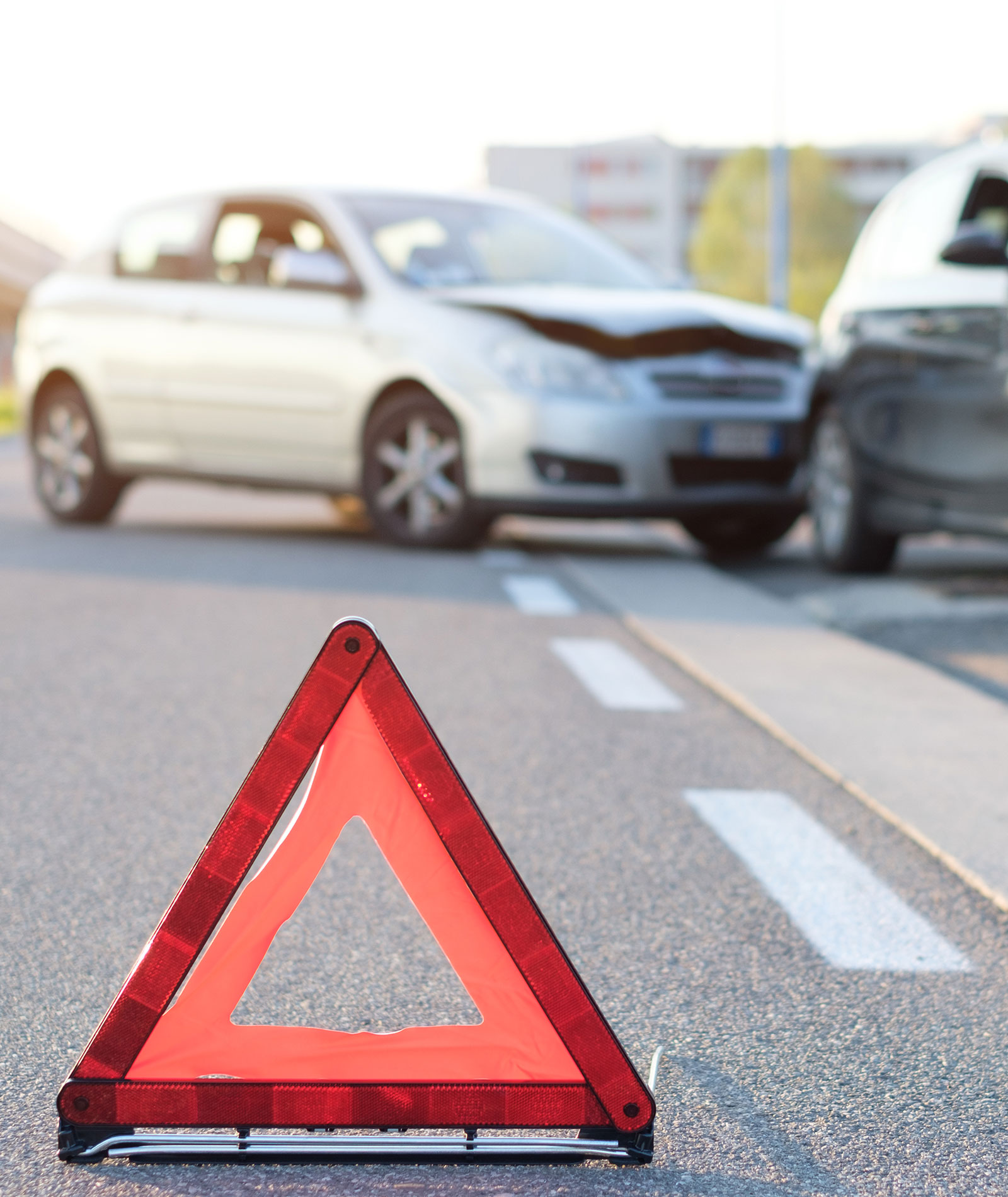Florida Court of Appeal Analyzes an Estate’s Vicarious Liability for Auto Accident Damages

In a personal injury case, it is not always straightforward who is responsible for damages to the insured. In a recent case (Case No. 1D16-0807), the First District Court of Appeal reviewed whether or not an estate could be vicariously liable to injured parties after a car accident. The daughter of the deceased was driving her father’s car at the time of the accident. The father died a month before, but the personal representative had not been formally appointed. The daughter, while driving the car, struck another car that had just been in a head-on collision with a different vehicle. The people in the distressed vehicle awaiting help filed suit against the deceased, alleging the collision caused additional damages and injuries. When the injured people realized the owner of the vehicle was deceased, they filed suit against the estate, alleging the estate was vicariously liable for the damages. The injured parties argued that the car was a dangerous instrument and that the owner was responsible for any injuries caused by the vehicle.
Prior to her father’s death, the daughter was permitted to use his car. However, there was no proof that she had permission to use the car after he died. There was no bequest of the car to the daughter. The people injured by the back-to-back car accidents alleged that the personal representative had knowledge that the daughter had use of the car and gave implied consent to her use of the car by failing to prevent her continued use. The personal representative, the decedent’s stepson, stated that he knew the daughter had her own car, so he did not think that she would drive her father’s car and didn’t think there was a need to address it.
In its review, the appellate court assessed ownership and control of the car. The court determined that the car did belong to the estate once the owner died, but not to any one individual. There was no specific bequest of the car in the decedent’s will, and the daughter and the step-son were co-equal beneficiaries under the residuary clause. Absent a specific bequest, there was no specific right to the car. Ultimate ownership would have only occurred after all claims, taxes, debts, expenses, and other obligations of the estate were met. While the court acknowledged the daughter had physical possession and control of the car, this did not translate to ownership.
The court also declined to consider the stepson, as the nominated personal representative, to be responsible for the vehicle. The court distinguished the stepson’s status of nominated personal representative at the time of the accident from appointed personal representative after the accident. Since he had not yet been appointed, he did not have a responsibility for the car, nor could he have given implied consent to the daughter’s use of the car. The court noted the victims’ lack of proof that the stepson knew of his stepsister’s use of the vehicle, thus determining that neither he nor the estate could be held vicariously liable for damages to the injured people. The summary judgment in favor of the estate was affirmed.
A Florida car accident attorney at Donaldson & Weston can tirelessly pursue any and all damages available to you. Call our office today at 772-266-5555 or 561-299-3999 for a free, confidential consultation.
